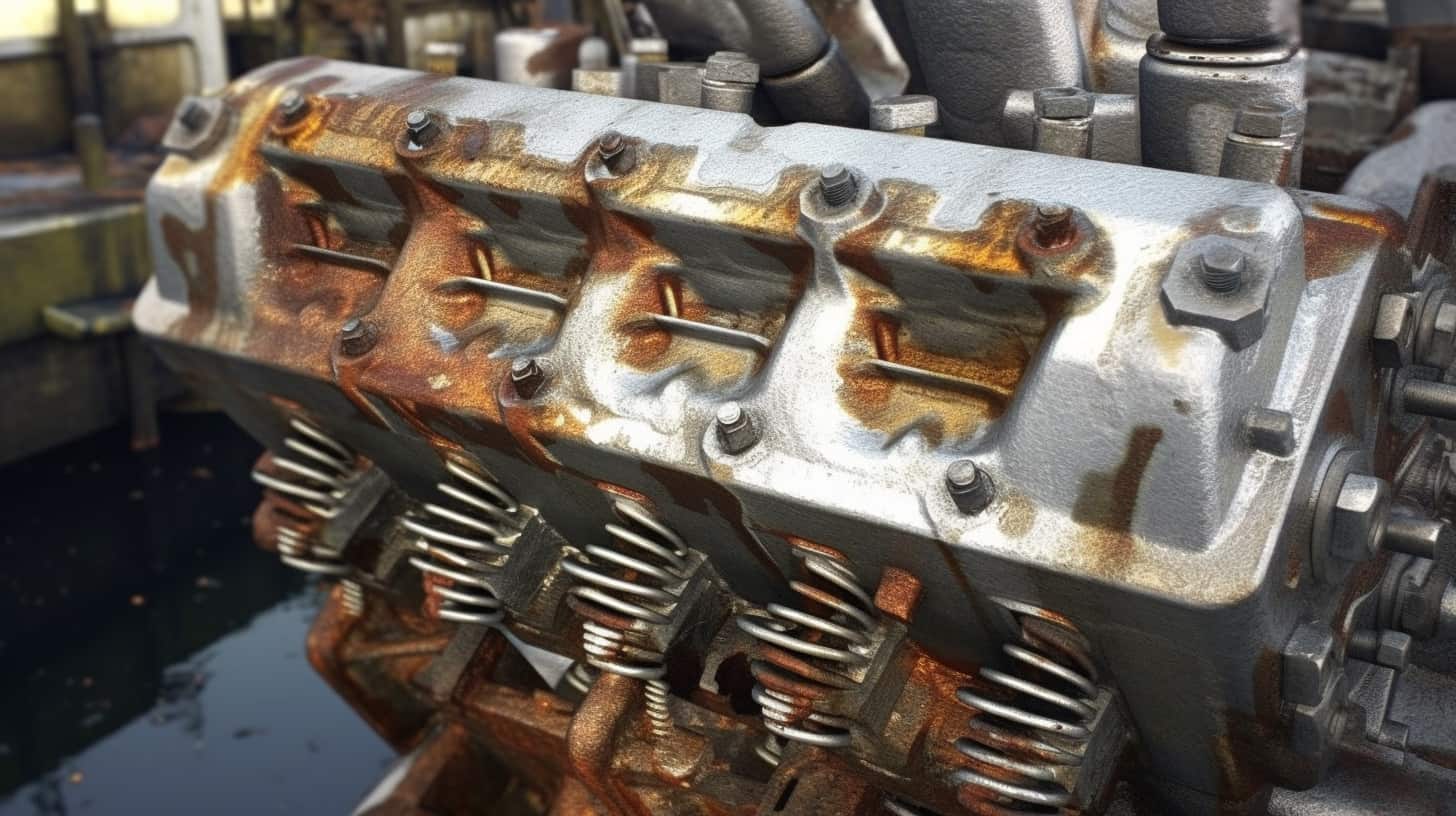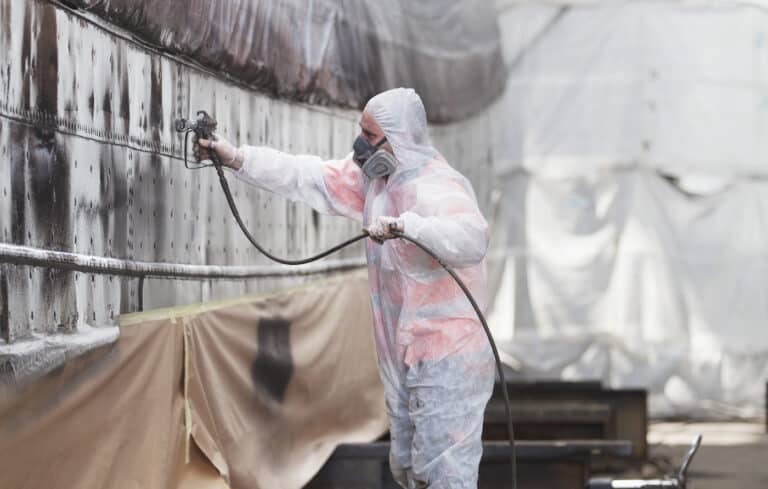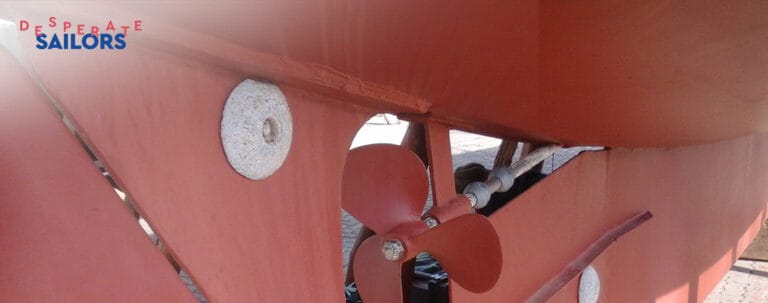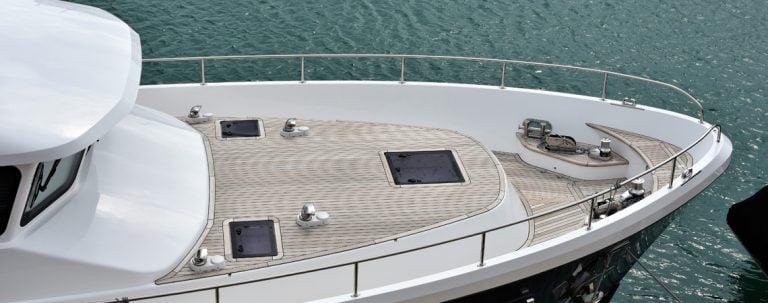A cracked engine block on your boat hinders its performance. So, knowing what to look out for if you suspect such a problem is essential.
If you can spot the symptoms of a cracked engine block early, then you can get the necessary solutions. In this post, I tell you about some of the signs to watch out for.
As a boat owner, I realized maintenance requires a strong commitment. Scheduling professional servicing is commendable, but it’s not enough. You should also know how to troubleshoot various boat issues.
Cracks in the engine block might not be common, but they are some of the devastating problems boats face, especially old ones.
When left unsolved, a damaged engine block leads to poor efficiency resulting from a decrease in the combustion pressure. The following symptoms indicate a cracked engine block.
Visible Engine Smoke
If you start seeing smoke in the cabin, your boat’s engine block may have cracks. When this part of the engine cracks, the oil or coolant, and antifreeze can mix.
Contaminated antifreeze produces smoke when the motor runs due to the combustion process. Although it might look like smoke, it is steam, which can have a sweet odor.
Overheating of the Engine
When antifreeze leaks, it causes various issues, including overheating. The reduced antifreeze levels don’t circulate as required, causing temperatures to rise. Therefore, check your engine’s temperature if you suspect a fault with the block.
Leaking Oil
One of the easiest ways to tell if your engine is not in good condition is if the oil is leaking. For this reason, don’t ignore signs of an oil leak, regardless of how small it appears. The leak can be internal or external, depending on the location of the damage.
Discoloured Oil
You can troubleshoot a cracked engine block by looking at the color of the oil. The slit in the defective engine can let oil or coolant seep out, causing it to mix with antifreeze.
In instances where the crack is too deep, the antifreeze mixes with the oil. The blend appears milky-white.
Compromised Performance
As earlier mentioned, a cracked engine block will mess up the motor’s efficiency. You with begin noticing less power from your engine.
If you seem to be spending more on fuel than before, then your engine may be damaged, and a cracked block is one reason.
What Causes an Engine Block to Crack?
If my boat has any issues, I like to know its root because then I can prevent the same thing from happening again.
So, you need to learn where the cracks on your boat’s engine block come from.
Any number of issues can lead to this engine issue, but excess heat is the recurring one in most cases.
High temperatures in the engine are usually due to a problem with the coolant. The substance regulates engine temperature.
If the system fails, the sections that don’t receive coolant overheat, causing the metal to expand.
On the other hand, the cooler parts stay at an average temperature. This contrast causes thermal stress and eventually cracks.
Poor storage of your boat in the fall is another reason it might be having trouble with the engine block.
Proper maintenance requires you to drain the water and fill the system with antifreeze. If not, the water freezes, resulting in cracks on the block because frozen water expands.
A malfunctioning water pump contributes to a cracked engine block. If the pump is not operating optimally, it hinders the coolant flow, causing the system to overheat.
Your boat might be suffering from a cracked engine block because the manufacturer did a bad job.
Improper casting during injection molding can cause the thinning of the metal in certain regions.
When the engine heats, these sections would not be able to withstand the high temperatures, leading to cracks.
Is It Possible to Fix a Cracked Boat Engine Block?
Yes. If the cracks are not too severe, you can get repairs for your boat engine. It is possible to seal the damage, thereby, preventing coolant or oil from leaking.
I advise letting a professional handle your boat engine problems, particularly if you are not knowledgeable about how the system works. Experts could also troubleshoot the engine to check for any other issues you might have missed.
Pinning, glueing and welding are some techniques used in fixing these types of faults on engine blocks. However, not all cracks are repairable. You might have to get a replacement block or a new engine.
I suggest comparing repair and replacement costs carefully to see what suits you best.
TIP See also: How to tell if your boat motor is locked up)?
Several signs can indicate cracks in the bottom-end part of a boat engine. Knowing how to identify them makes it easy to find the right fix in good time. The main symptoms are:
- Engine smoke in the boat cabin or engine compartment
- Leaking oil or coolant
- Cloudy (discolored) oil
- Poor fuel efficiency




